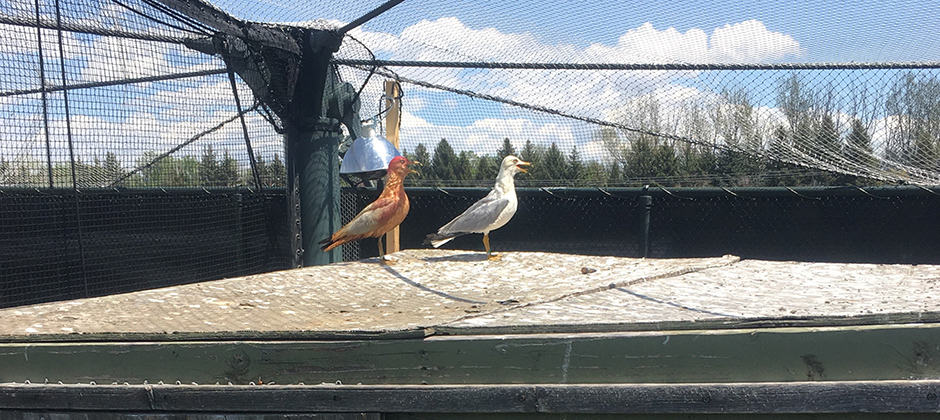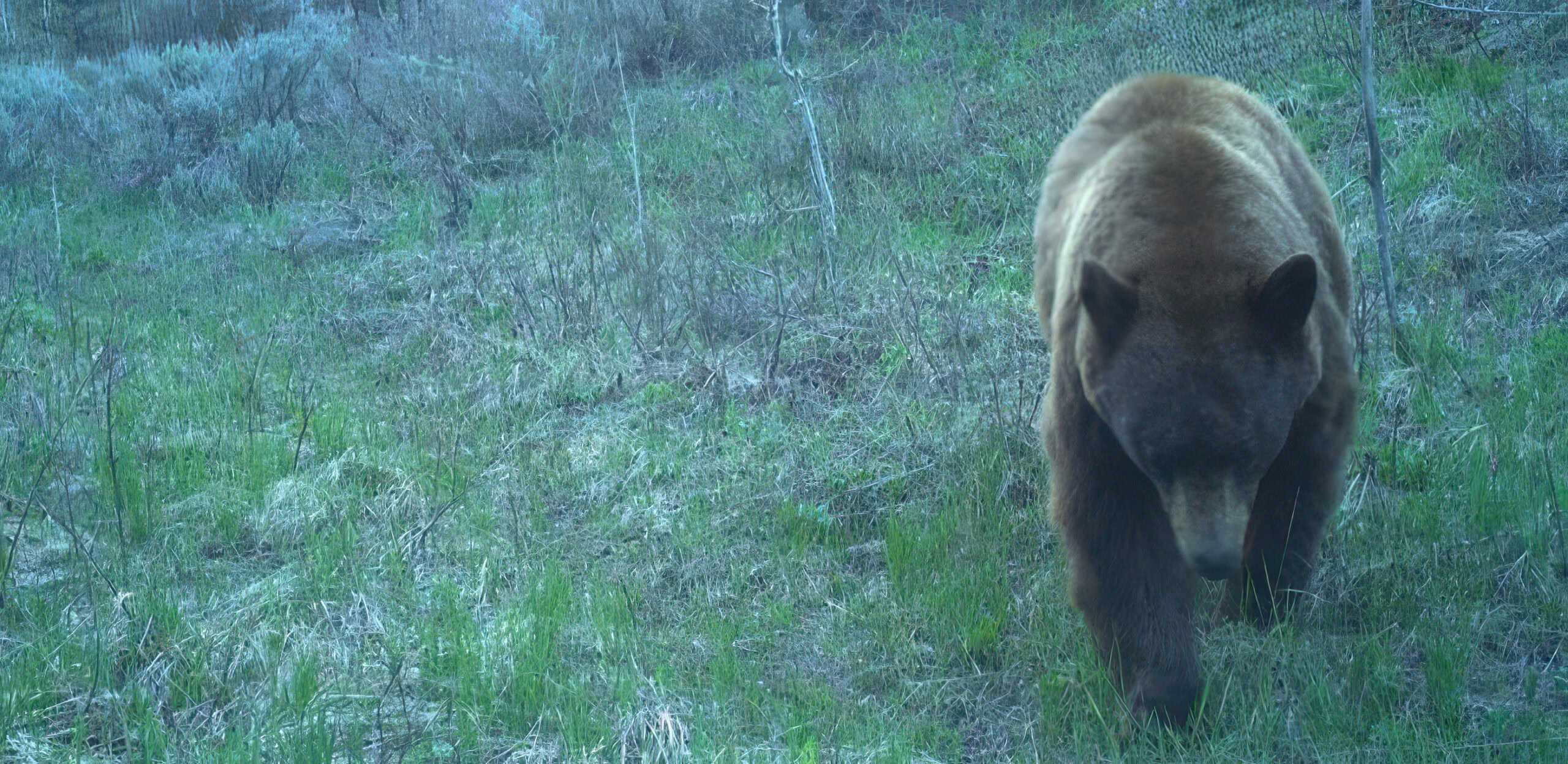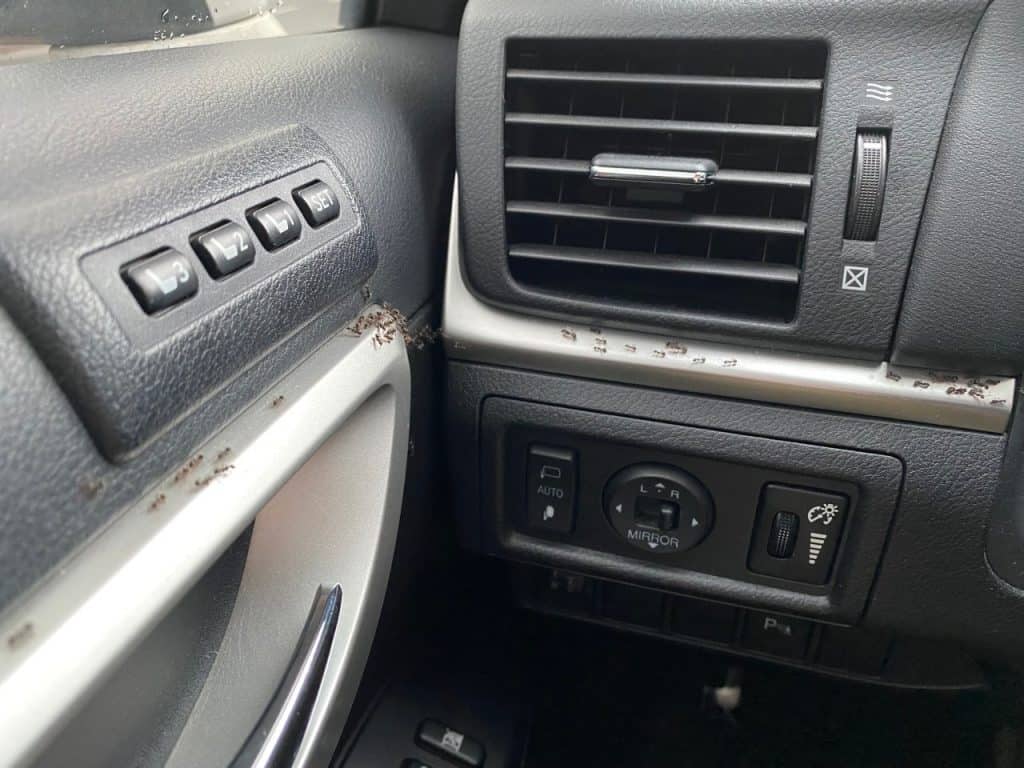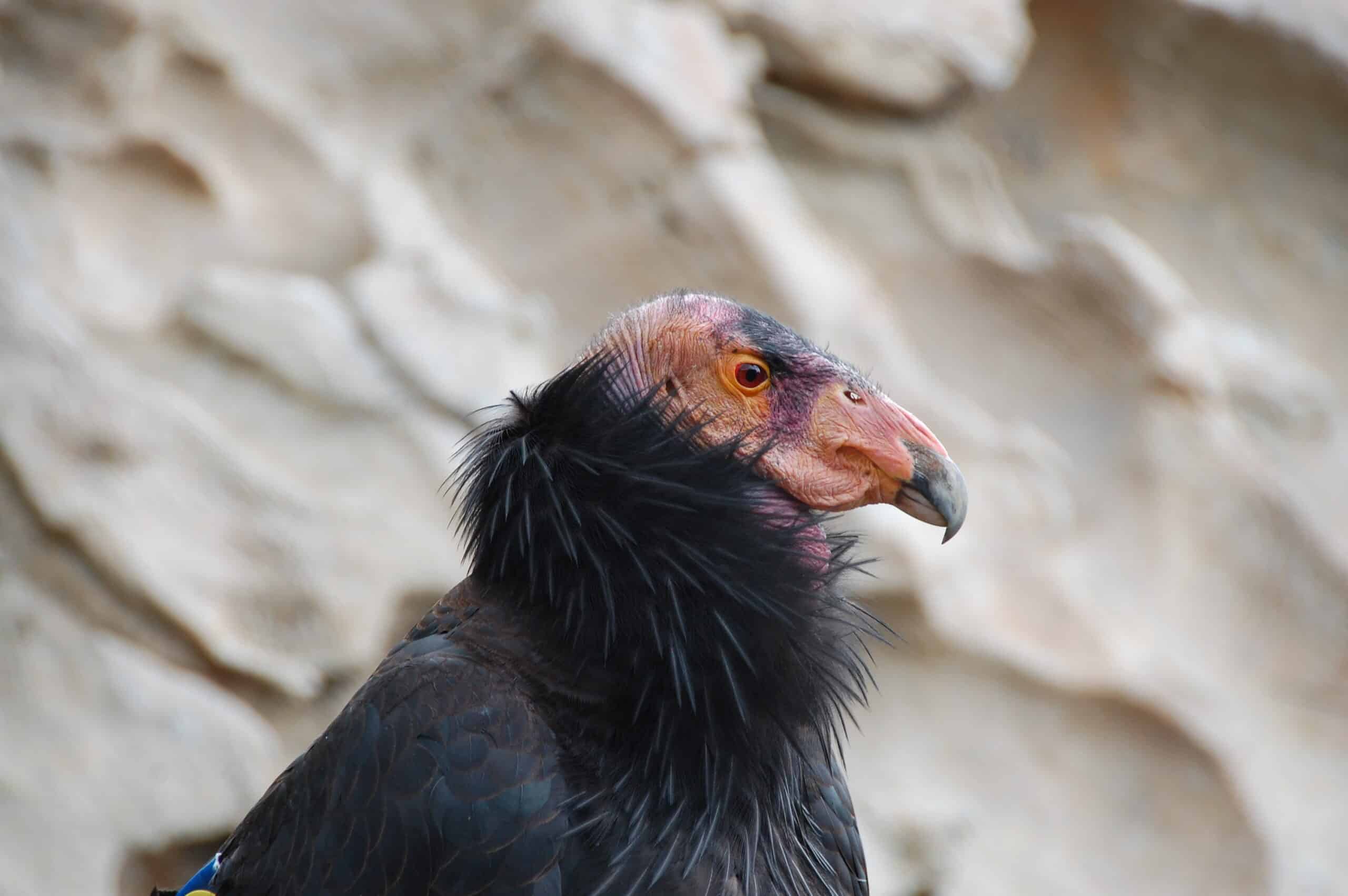Share this article
TWS2020: Cleaning feathers helps gulls after oil spills
Cleaning gulls covered in crude oil from spills like the Deepwater Horizon disaster helps the seabirds recover, and the benefits of rehabilitation outweigh the costs.
Ongoing research featured this week at The Wildlife Society’s virtual 2020 Annual Conference shows that with people’s help, ring-bill gulls (Larus delawarensis) covered in a moderate amount of crude oil recovered feather structure similar to those not covered in oil.
“The take home is that for moderately oiled birds, rehabilitation is appropriate and returns feather structure back to pre-oiled conditions,” said Susan Shriner, a wildlife epidemiologist with the U.S. Department of Agriculture’s Wildlife Services, who is working on the research.
She and her colleagues captured 30 gulls in Fort Collins, Colorado, in the spring of 2019. They covered 20 of the birds in moderate levels of the same type of crude oil spilled in the 2010 Deepwater Horizon disaster in the Gulf of Mexico. They left another 10 birds untouched as part of a control group.
Half of the oiled birds were left alone to preen and clean themselves, while another 10 birds were cleaned by the researchers after a week. They found the oiled birds didn’t manage to preen the oil off themselves even a month later.
“There was still significant damage to the feathers,” Shriner said.
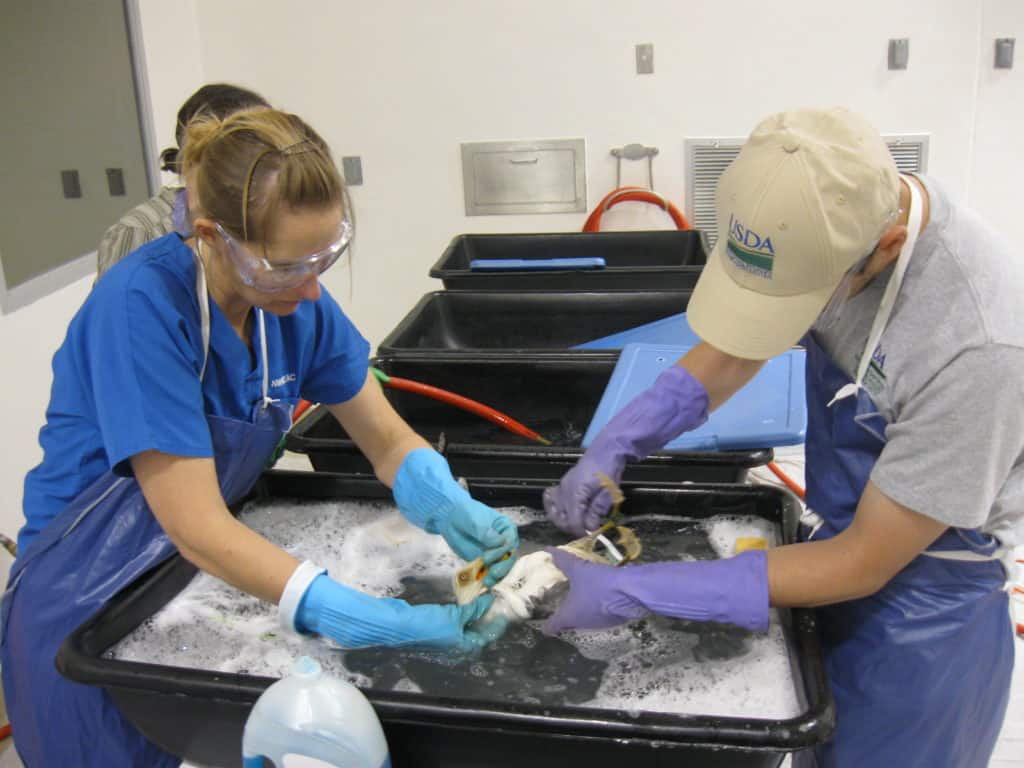
Katherine Horak and Jeremy Ellis wash a ring-billed gull covered in oil.
Credit: Susan Shriner, Wildlife Services
The researchers found slightly higher levels of stress due presumably to the handling. But the birds that the researchers cleaned off after a week had no significant damage compared to the control group. This is important, Shriner said, because of concerns that handling and cleaning birds covered in oil after the Deepwater Horizon disaster could have caused additional stress to the birds.
“[For] birds that we cleaned in that moderate category, the work seemed like it was effective and necessary,” she said.
The researchers didn’t look at birds with heavy oil coverage or light coverage. But it’s possible that gulls with only light amounts of oil may be better off cleaning themselves than getting help from humans — further research would need to confirm that.
Shriner said the work highlights some of the lesser known sub-lethal impacts of oil spills on wildlife. Before Deepwater Horizon, it was more difficult to study some of these problems, since many of the oil spills were in northern areas. Birds affected by cold temperature or other harsh climates after being covered in oil often die, Shriner said. The warmer conditions in the Gulf of Mexico gave researchers a chance to better understand some of those impacts.
Conference attendees can visit office hours for this contributed paper on Thursday, Oct. 1 from 3 to 4 p.m. to learn more and ask questions.
Header Image: The ring-billed gull on the left is covered in oil, while the bird on the right is rehabilitated. Credit: Nicole Barrett



